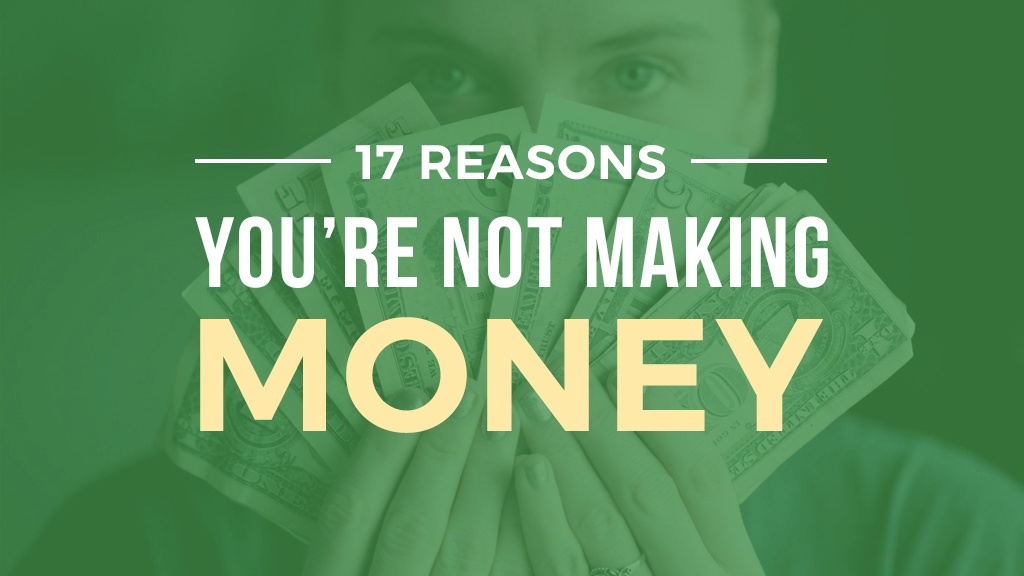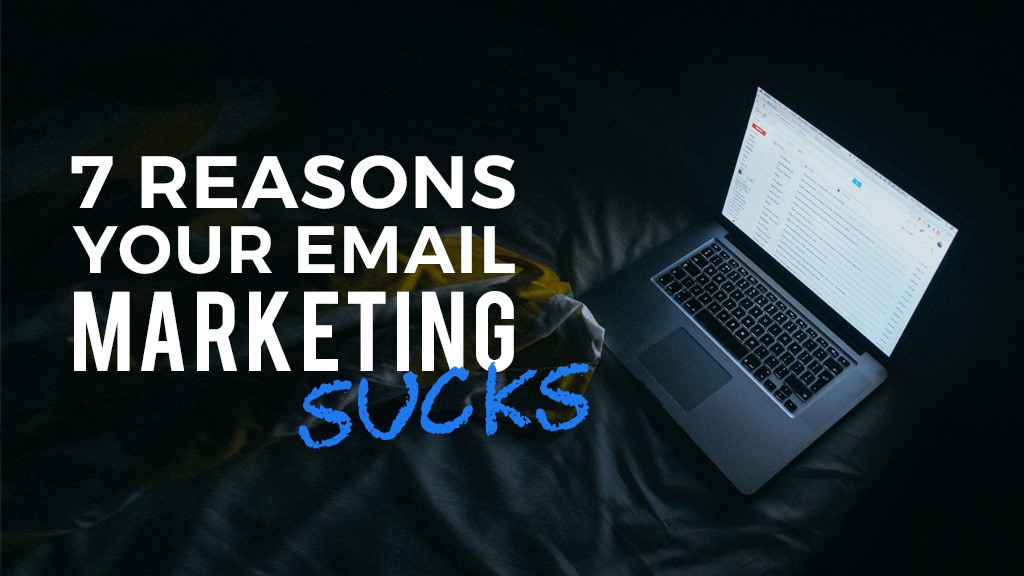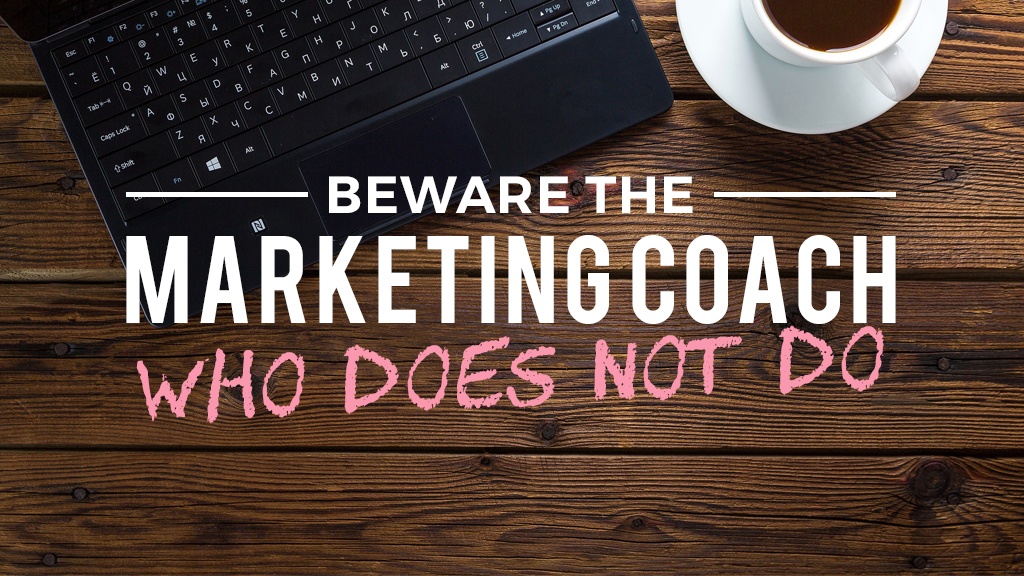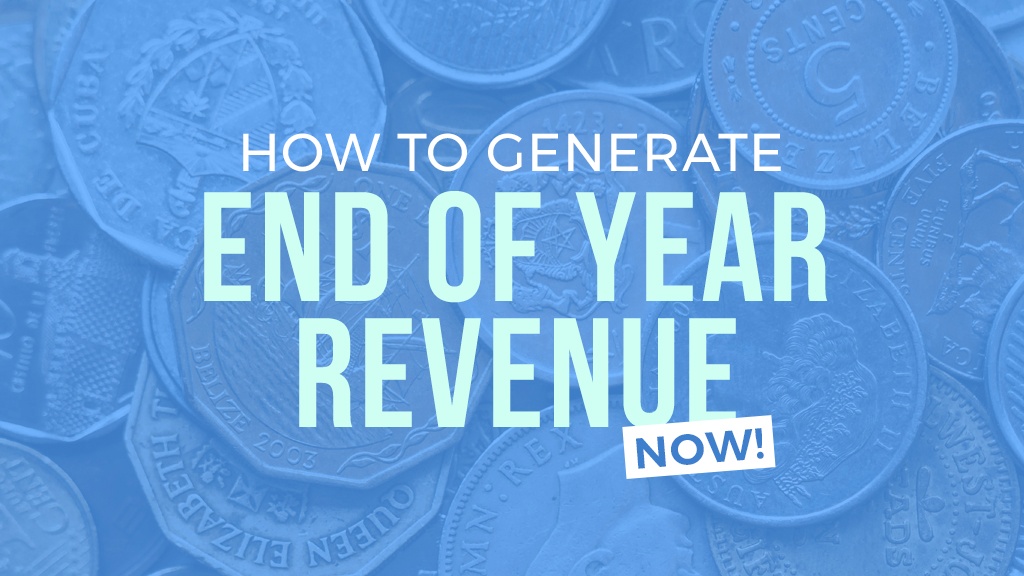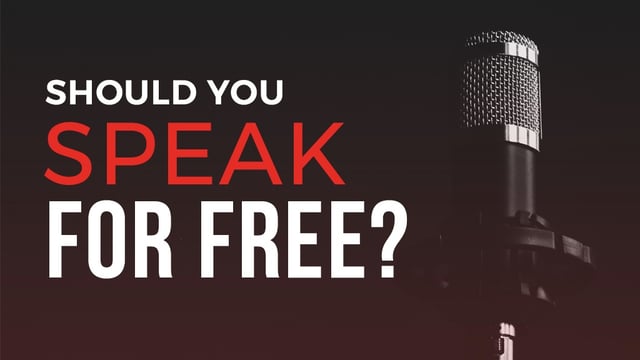
Should you speak for free?
Yes - if you do it in front of the right people who are in the right room for the right reason...
And along the way to answering this question in more detail, you're also getting your 80-20 Speaking-as-Marketing strategy so let's dig in...
Research from professional services marketing firm RainToday.com shows that the #1 source of new clients and new business is "Speaking at conferences and events."
But how do you get started? And what if you're a professional speaker or expert whose goal is to get PAID to speak (at least sometimes)?
The bad reputation around free speaking is that most people speak for free when they have no idea how to find paid speaking.
And let's define that even further because there are two kinds of paid speaking:
- Paid to speak = professional experts who speak for a fee
- Paid because you spoke = no-fee lead-generating speaking to select groups of your ideal clients / focused target market
If you're doing anything other than those two, you are spinning your wheels, wasting your time, and getting frustrated and mad. And I don't blame you!
As I like to say, “Only idiots speak for free.”
In my opinion, in fact, there is no such thing as a "free" speech if you know what you're doing. You are always getting paid - either in dollars (nice!) or in leads (nicer!) or in sales (nicest!!)
Sadly, many executive and entrepreneurs do NOT know what they're doing when it comes to speaking as a marketing strategy. But don't worry - I'm here to help you get this right once and for all.
Here’s a quick checklist to help you decide when you should speak for free - and when you should not.
Speaking for free is stupid... IF:
- You've bargained your rate down from your usual fee to zero
- It's a random invitation to speak to a random group
- You're creating a whole new speech for a no-fee gig
- They promise you "good exposure" (hint: exposure has never bought groceries or paid the mortgage. Weird, right?)
- Other speakers at the same event are speaking free (if they jumped off a bridge, would you follow?)
- You would not proactively target this specific group / conference / event in your regular marketing
- They put overly rigid restrictions on what you can do, say, and sell at the event
Speaking for free is smart and profitable... IF:
- Based on factors that you've identified, there's a high likelihood that your next 2-3 high-ticket clients are hiding in that audience
- You've researched and found proof that it's an event with the right people in the right room who are there for the right reasons (your people who have your problems and are looking for your solutions)
- You're delivering your signature speech that implicitly sells your products, services, or programs (consulting, coaching, professional service, etc)
- The organizers aggressively market to fill the room and offer follow-up to drive people back to your offer (via email, website, blog, giving you the registration database, etc.)
- Other speakers have generated strong sales by speaking to this same group
- You have proactively targeted this specific group / conference / event as one of your "dream revenue opportunities"
- They put very few or no restrictions on what you can do, say, and sell at the event, after the event, and on an ongoing basis
Whether you're an executive, entrepreneur, consultant, or high-fee expert, you need an 80-20 speaking-as-marketing game plan.
It's called 80-20 because even if part of your business model is to get paid to speak, you'll do much better speaking for free 80% of the time and getting paid 20% of the time.
Here's some quick math to help you operationalize this (whether paid speaking is currently part of your business model or not):
PAID SPEAKER model:
GOAL = 2 paid speeches per month @ $5,500 fee
8 free speeches per month to high-probability groups of prospects
= 2 speeches per week with specific call to action, offer, or next step to drive sales
ENTREPRENEUR model:
GOAL = 2 high-ticket clients/ projects per month @ $15,000
8 free speeches per month to high-probability groups of prospects
= 2 speeches per week with specific call to action, offer, or next step to drive sales
So as you can see - the two models are incredibly similar.
Speaking-as-a-marketing-strategy works whether you want to pursue paid speaking OR NOT.
In fact, a whole lot more possibilities open up if you have more to sell than just "another speech" to another group.
Something to think about to help you boost your success:
Think about what YOUR speaking-as-marketing strategy would look like.
Want some smart strategies to help you generate more revenue, profits and sales every time you speak? Of course you do - so grab your Speaking Profit Maximizer cheat sheet...
 Grab your FREE "Speaking Profit Maximizer" Cheat Sheet
Grab your FREE "Speaking Profit Maximizer" Cheat Sheet
Perfect for speakers, consultants, coaches, authors, experts, and thought-leading professionals who want to generate more money from speaking.
Love these ideas? Please use the social media buttons at the top of this post to share it with your network. YOU are a rock star :o)


.png?width=640&name=3%20Secrets%20to%20selling%20to%20the%20c-suite%20(1).png)
